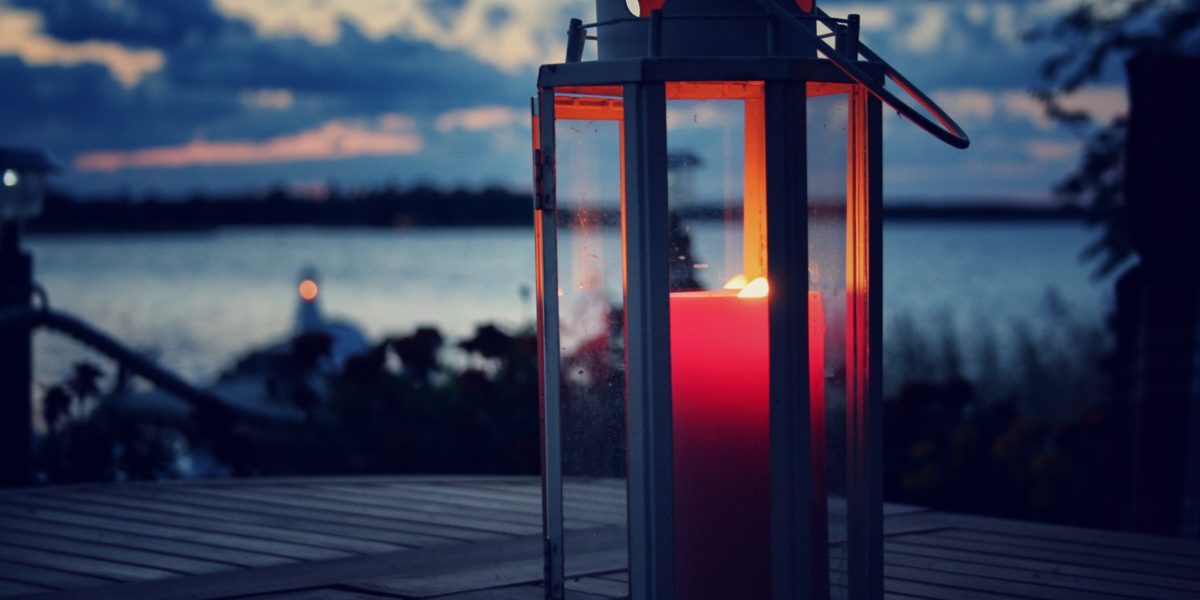
Days-Long PG&E Outages May Be Coming. Here’s What to Do If You Lose Power for Days
If PG&E were to shut off power to your home this summer, would you be ready?

Power outages could easily affect many Western homes this fire season, and decoding the best preparation options for your property and family can be confusing.
A backup generator seems like a logical place to start. But unfortunately, experts say, backup generators may not be a practical option for many homeowners in residential areas, especially neighborhoods where homes are relatively close together.
“Installing a generator in a residential application is expensive and difficult,” explains Lisa Carter, general manager for Martinez-based generator company CD & Power. “Here’s why.
“Number one, buying a generator usually entails electrical, putting in a natural gas line, usually entails putting in a concrete pad, and then there are the permits that go along with installation in the various cities and what their individual environments might be.”
Then there are quality-of-life issues such a unit might create for neighbors: At their worst, standby generators can be loud, smelly eyesores.
“What we’ve found in properties that are located in residential areas fairly close together is, it’s hard to put in a generator because of the noise challenges, environmental challenges, exhaust challenges,” Carter said.
What does work? A portable generator might not be able to supply as much power, but it’s likely to be less cost-restrictive and less of an installation headache. A 2,000-watt model is light enough to be portable, but still offers enough power to run an appliance like a refrigerator in an emergency. Prices range from $500 to $2,000.
The Honda EU2000i, named the best portable generator of 2019 and 2020 by Wirecutter, runs about $1,000 at Home Depot. In testing, it supplied more power than its competitors, it was relatively quiet, and it started easily. The Honda also has a “reputation for reliability,” Wirecutter wrote, a point echoed by Carter, who has one for her own home and plans to use it to power the refrigerator and freezer during a power outage.
There are drawbacks to portable generators, too. One must have fuel on hand to start it and the fumes pose a hazard. Users of such generators must take care to ensure they’re not venting into the house or garage.
